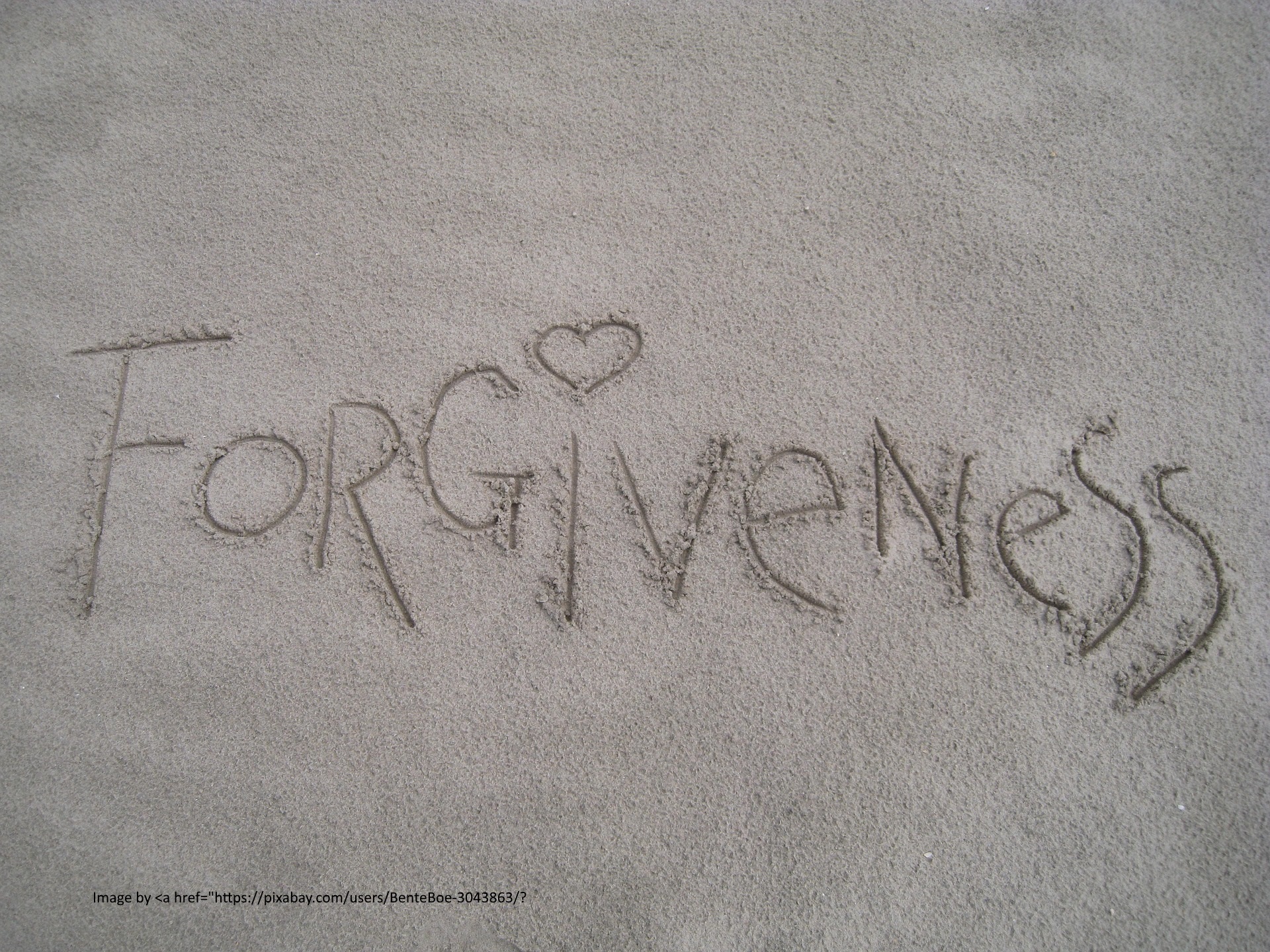
Most people despise the feeling of being unjustly wronged. Some of us are able to let it go and move on, while others continue to seethe and hold a grudge for years or even forever. Holding on to a grudge for too long causes those negative feeling which can significantly impact your mental and physical health. It can increase levels of stress, impact your immune system and increase your heart rate. This anger can cause anxiety, depression, sleeplessness and even leave you feeling powerless. Harboring resentment, even to the smallest degree, causes suffering to no one but you. Confucius said, “To be wronged is nothing, unless you continue to remember it.” Fortunately, there is a path to releasing grudges. It is called forgiveness.

What is Forgiveness?
Forgiveness can lead you down a path of physical, emotional and spiritual well-being. It allows you to once again feel peace, gratitude, hope and joy. For most people, forgiveness involves a decision to let go of resentment and thoughts of revenge. This letting go will help free you from the control of the person who wronged you. It doesn’t mean forgetting, excusing the wrong or making up with the person who harmed you, but it can lead to a kind of peace that lets you get on with your life. In some instances, forgiveness can even lead to understanding, empathy and compassion for the person who harmed you.
How to Reach a State of Forgiveness
Forgiveness is a commitment to a process of change. According to the Mayo Clinic, you need to recognize the value of forgiveness and how it can improve your life. Next, you need to identify what needs healing and who needs to be forgiven and why. Acknowledging your emotions about the harm done to you and how it affects your behavior is a key element. You need to work to release those emotions and choose to forgive the person. In doing so, you move away from being the victim and release the control and power the person and situation had in your life. It is important to realize that this may not lead to reconciliation. The other person may not be able to change their behaviors, but you can still forgive them and gain the healing that comes from it.
What to do if you Can’t Forgive Someone
Forgiveness can be challenging. If you find yourself struggling, you can consider seeing a counselor or joining a support group. Talking with a person you’ve found to be wise and compassionate such as a spiritual leader or an impartial loved one or friend can also be helpful. Practicing empathy by trying to see the situation from the other person’s point of view is a therapeutic practice. By asking yourself how you would have behaved if you were that person might lead you to the knowledge that you may have reacted similarly when faced with the same situation. Writing in a journal, praying or meditating enables you to reflect on times you may have hurt others and on those people who have forgiven you. Remember that forgiveness is a process.
It is Never Too Late to Forgive “Resentment is a slow, happiness-stealing poison,” says Robert Enright, PhD, professor of educational psychology at the University of Wisconsin-Madison. It is never too late to forgive someone, even if they are deceased. If you are unforgiving, you might bring anger and bitterness into every relationship and new experience. You can become so wrapped up in the grudge that you can’t enjoy the present. By showing mercy to the person who did you wrong, you are creating your own happiness.

